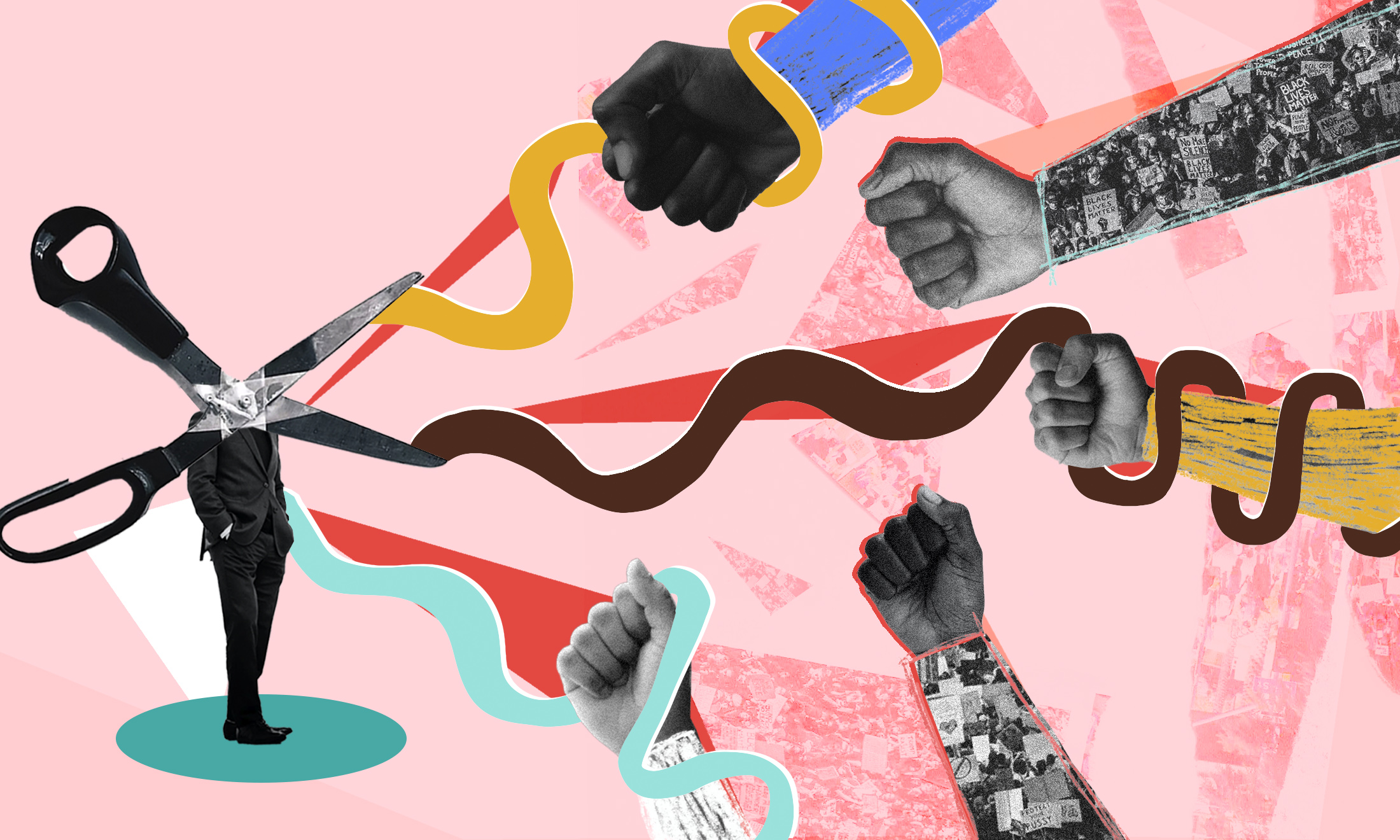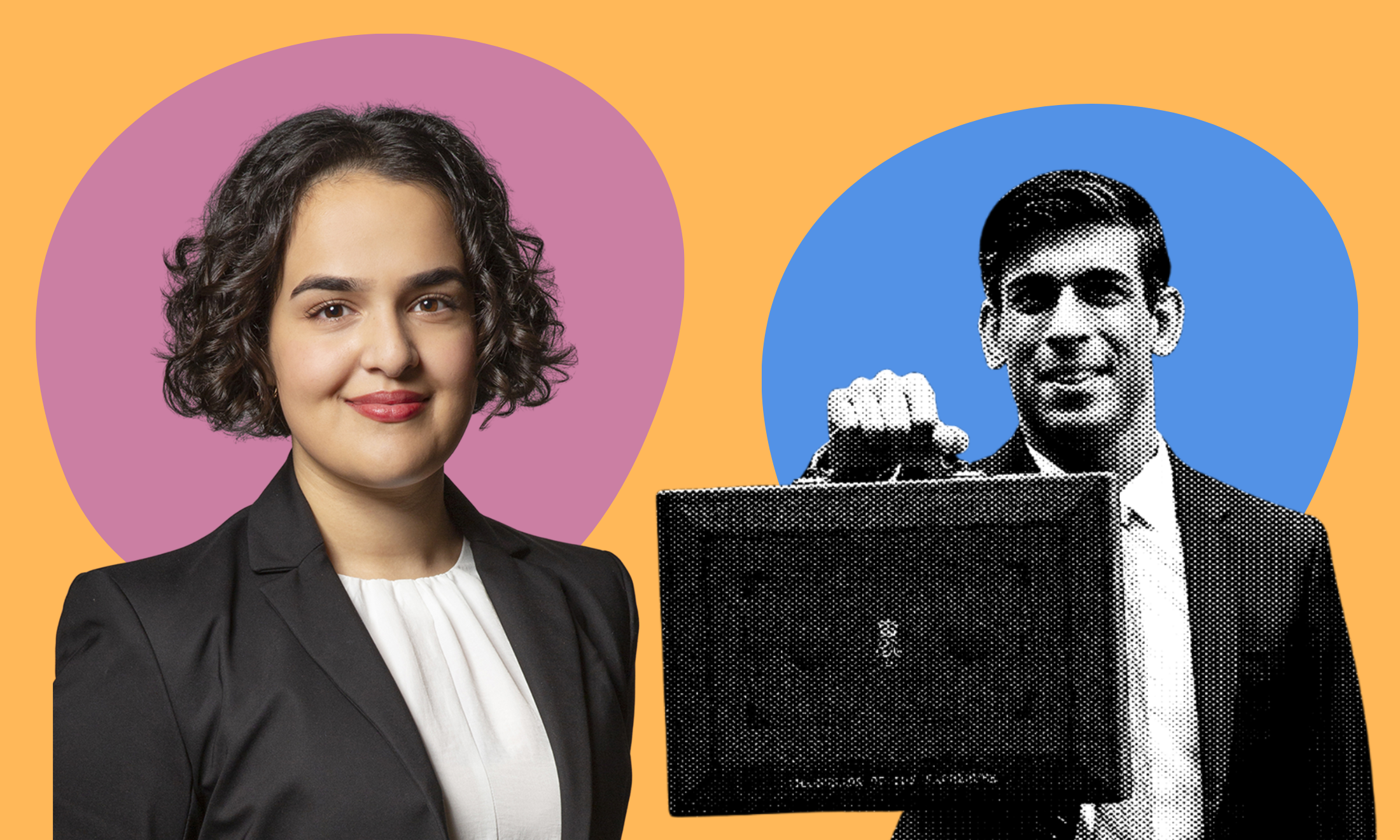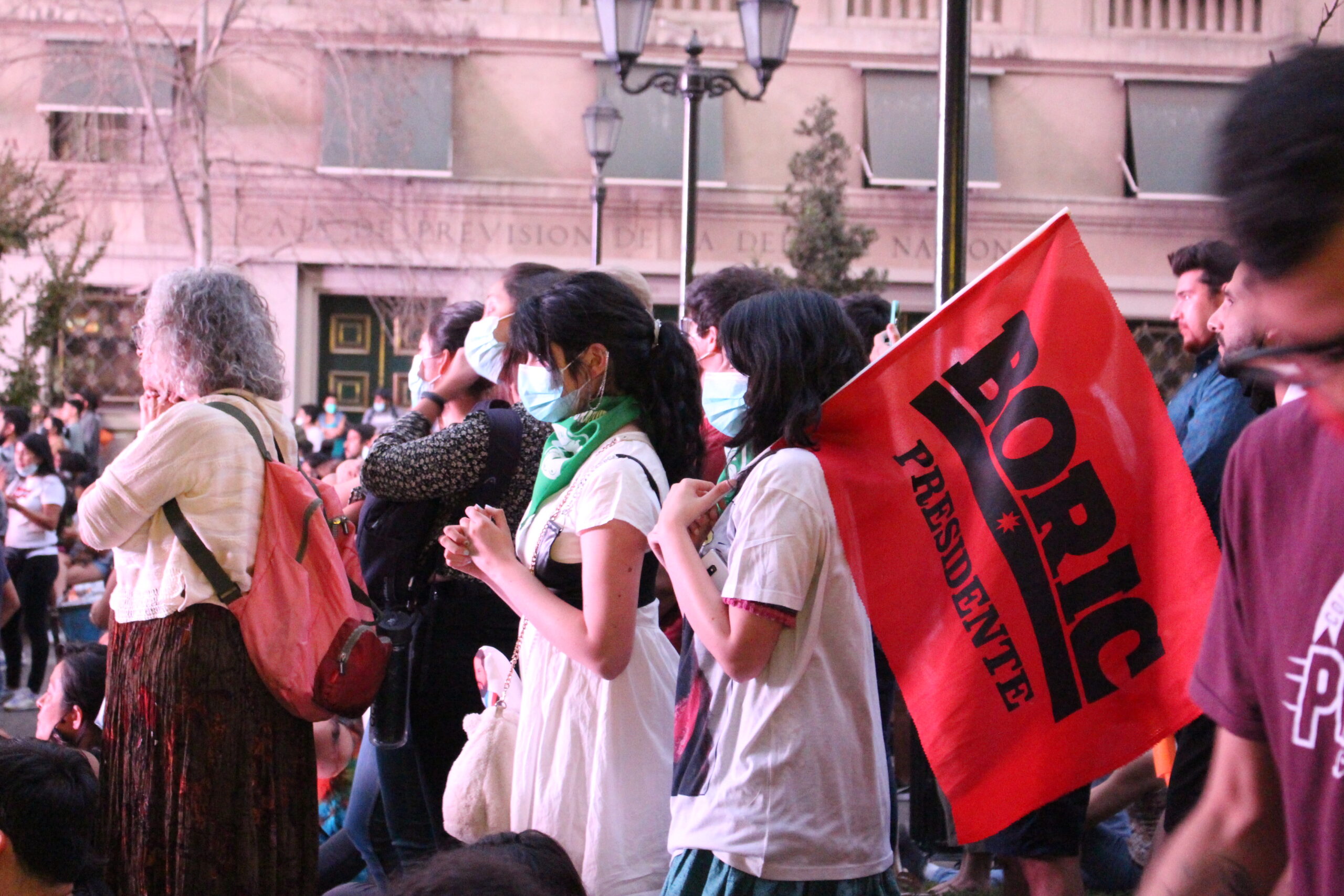
This election, many voters will make their choice on the basis of which party most appeals to their personal interests. It is perhaps just a bitter, unavoidable side of human nature. However, moving forward, we may no longer have the luxury of failing to consider other people’s needs when deciding which box to tick on the ballot paper. Increasingly, the prospects of the middle class, and the working class that it tries so hard to distance itself from culturally are becoming ever more similar. In this election, we must all turn our attention to the systems that have allowed and are continuing to permit inequality to reach unprecedented levels.
It’s a common aphorism that in the UK “we” are better off today than ever before, a concept qualified by other statements such as “poor people now have televisions”. But – especially for those that hold ‘freedom’ as their most cherished ideal – it is not our absolute wealth that matters, but how that wealth is distributed. And increasingly, while we get distracted by arguments that we should be grateful for our smartphones and refrigerators, wealth and power are becoming ever more concentrated in the hands of a smaller and smaller minority of people.
Economist Jeff Sachs argues that we “have solved — in the macro average sense — what John Maynard Keynes called the “economic problem.” We don’t need extreme poverty. We don’t need suffering from deprivation anywhere in our world.” What Sachs means by this is that we are not living in conditions of scarcity, we are living in conditions of God-awful distribution. We simply need to organise effectively to tackle this.
Inequality affects all of us, except perhaps the handful of people wielding control of the world’s largest corporations, and the 85 people (not 85 percent, 85 people) that have as much wealth as the world’s poorest half. This, combined with the fact that we have created a world in which money is power, should give virtually everybody pause.
The development of artificial intelligence and technology has, historically, always created jobs as well as destroyed them. However, its capacity to destroy jobs is now outstripping its ability to create them. As technology becomes astonishingly complex (read about Elon Musk’s new venture if you want your heart to beat uncontrollably all day, or Google Artificial Intelligence and the future of income inequality if you’re not a fan of sleeping well at night) and technological knowledge becomes more rarefied, we are at risk of creating an entirely “redundant” class of people.
This began with factory labourers and grocery store cashiers, and experts envision this redundancy expanding to include engineers, lawyers, bankers, and doctors in the future: professions, due to the training and expensive educational foundation required, typically dominated by the middle class. This is what has spurred countries around the world (Canada, Finland, all the usual suspects) to consider universal basic income pilot projects – not because handing out sums of money to all citizens is good fun, but because it might be essential in the (hopefully not too near) future. Even Elon Musk thinks this could be crucial.
So, if capital is power, and about 85 people have a nauseating chunk of it, then surely the logical way to combat this is to pool the rest of our remaining resources and allow this to translate it into collective power and control of systems. The question is whether we, the majority of people, want to aggregate our resources and have power distributed among many people, or whether we would prefer to do nothing and leave the allocation of money and power to random chance. “Random chance”, of course, being that we continue to let it accumulate where it already exists in abundance.
Alternatively, we can pool our resources and redirect it to where it is needed, to where we can empirically show that it might have the greatest social value. These resources can then be allocated consciously, by democratically elected officials, rather than the quiet, unelected power-wielders that currently determine much of resource allocation.
We would do well to remember that taxes are not donations. They are transactions like any other – in exchange for our tax payments, in theory we get happy, safe societies to live in. Business owners receive markets in which people can buy their products, and employers receive a healthy and educated pool of workers. This may be why rich people are willing to be taxed so highly in other jurisdictions.
Those who will vote Conservative, or non-tactically, in the upcoming election are not voting for things to stay as they are, or to return to a bygone era of nostalgic “betterness”. Time will not be halted, and it certainly will not move backwards. Therefore, Conservative voters are opting to continue heading down the path we are currently on. Therefore, it is perhaps urgent that you analyse where this path is believed to be headed and consider how that makes your stomach feel before casting your vote.
Consider this: what if we didn’t have to view the future as us gearing up for a never-ending battle? By forming economic systems with human-oriented objectives, we can pursue happiness and comfort, rather than just the right to compete with each other economically.
Capitalism probably isn’t a giant conspiracy. But it couldn’t have been more cunningly formulated for our demise if it was. Perhaps it began innocently or thoughtlessly enough. But we, quite literally, cannot afford to continue proceeding innocently and thoughtlessly. The time has come for the middle class to see that, despite its feelings of specialness and its idea that it has perhaps earned its exalted place in society, its destiny is now inexplicably interwoven with everybody else’s. At this point, our voices matter only to the extent that we combine them.

Britain’s policing was built on racism. Abolition is unavoidable

How Pakistan’s Khwaja Sira and transgender communities are fearing and fighting for their futures

Their anti-rape performance went viral globally. Now what?






